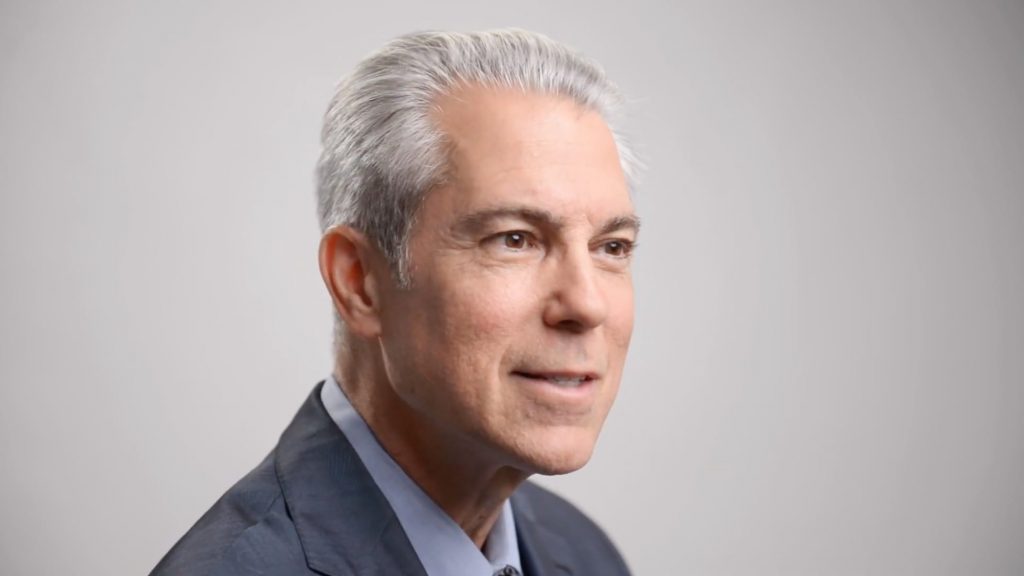Testosterone is the essential hormone in men for sexual desire and sexual function, and it also has important quality of life effects on energy, muscle, bone, cardiovascular health and brain function.
It has been researched that 20% of men over 60 and up to 50% of men over the age of 80 suffer from the clinical diagnosis of testosterone deficiency.
Testosterone levels decline with some medical conditions (like diabetes and obesity), and/or the use of medications (like opioid pain medication). Since testosterone levels can also decline after age 30 or 40 at a rate of approximately 1- 2 % per year, some men may notice symptoms of low testosterone as early as their 40’s or 50’s.





Patients should do everything they can to improve their vascular and aerobic health. Exercise is very important as is a good diet.
Lifestyle changes may allow a man to achieve an erection more easily. Some of the potential lifestyle changes a man can try include:
A man may also want to undergo counselling to help with stress, anxiety, or depression. Changes of this kind are intended to improve the ability to have sexual intercourse without worrying about ED symptoms.